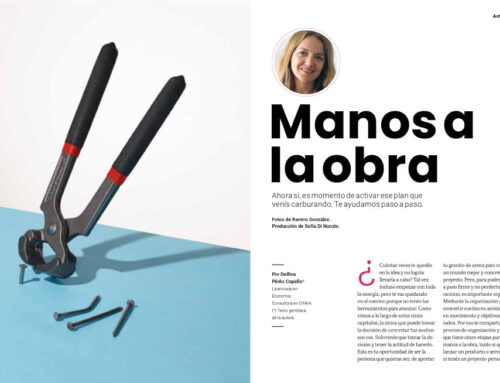Por Nino Fernandez.
Hay razones de gestión interna, de convivencia con los socios e incluso impositivas que determinan la conveniencia de establecer formalmente el esquema de remuneración de los dueños.
Qué hago con mi remuneración? Cobro un sueldo o retiro dividendos? Es una de las preguntas difíciles que se plantea cualquier empresario cuando su emprendimiento ya marcha sobre rieles. No siempre una empresa llega a esa instancia, claro. Y, mientras tanto, la respuesta suele ser más sencilla: se retira dinero a medida que la caja lo permita.
Pero aún cuando el dueño es una sola persona, la empresa puede verse beneficiada si éste establece de manera formal cómo va a ser su retribución. Si los socios son dos o más, el tema se vuelve indispensable.
“Muchos pequeños empresarios caen en la tentación de no fijarse una retribución, sobre todo cuando se trata de firmas de un solo dueño, o cuando la empresa tiene poco tiempo de vida” dice Sandra Felsenstein, titular de la consultora Dinka. “Pero es importante que el empresario entienda que debe establecer su retribución no sólo para valorar el tiempo y el capital invertido, sino también para no sesgar o alterar los resultados de la empresa.”
De hecho, sueldo y dividendos no son conceptos antagónicos, sino complementarios. “Es importante que el empresario aprenda, de entrada , a distinguir entre ser dueño y gerenciar. Muchas veces el dueño también gestiona, pero es importante mantener formalmente separados los roles, porque eso define los flujos de dinero: el que trabaja cobra un sueldo por su trabajo y el socio cobra dividendos si la empresa genera ganancias y si decide no reinvertirlos”, dice Santiago Antognolli, titular de la consultora Negocios de Familia.
“No determinar su propia retribución económica significa no reconocer el alto valor del trabajo del empresario en el emprendimiento. Es un grave error pensar que los sueldos de colaboradores o los gastos de la empresa son más “valiosos” que su propio tiempo”, dice Felsenstein.








